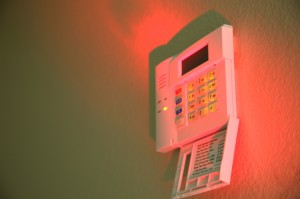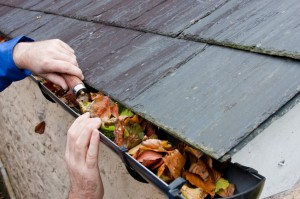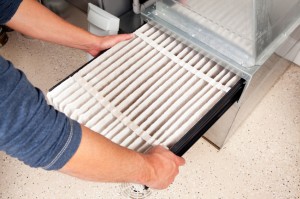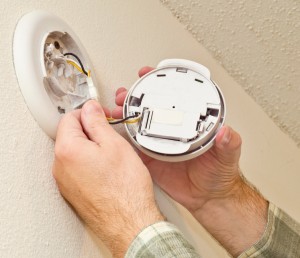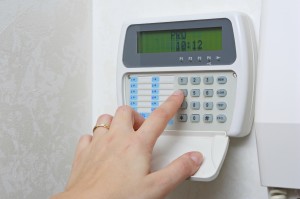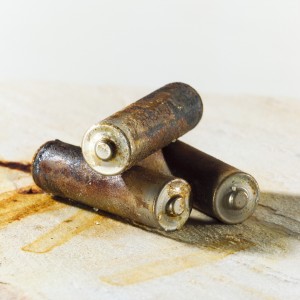False alarms can have a serious impact. Not only a noisy nuisance, false alarms can take police away from other emergencies and other life-threatening situations. They can also cost you hundreds of dollars in fees, create dissatisfaction with your system and your security provider, and make you reluctant to use your system, exposing your property to theft. Here’s how you can help reduce your chances of a false alarm.
- Older systems are more prone to false alarms, so try to upgrade aging or outdated equipment.
- Check to make sure all protected doors and windows close and latch securely.
- Regularly test your alarm system to make sure it’s functioning properly and that you’re arming it correctly. If you decide to test your system yourself, be sure to let your security provider know before getting started.
- Let your security provider know if you’re planning any remodeling projects or changing phone companies.
- Pets may accidentally trigger sensitive motion sensors, so try to choose a security system that uses another form of protection.
- Have everyone who uses the system practice canceling an accidental alarm. If your alarm is monitored, you should call ahead to your security provider and let them know you are testing the system.
- Human error is the number one cause of false alarms. Examples include incorrectly entering the alarm code on the keypad and failing to secure all doors and windows before turning on the alarm. The best way to reduce this is to ensure that everyone who uses your system (kids, babysitters, relatives, visitors, etc.) is properly trained
Denalect Alarm is proud to serve home alarm and business security and alarm systems in Northern California: Antioch, Blackhawk, Concord, Danville, Dublin, El Cerrito, Hercules, Lafayette, Livermore, Martinez, Moraga, Oakley, Orinda, Pittsburg, Pleasant Hill, Pleasanton, San Ramon and Walnut Creek.
